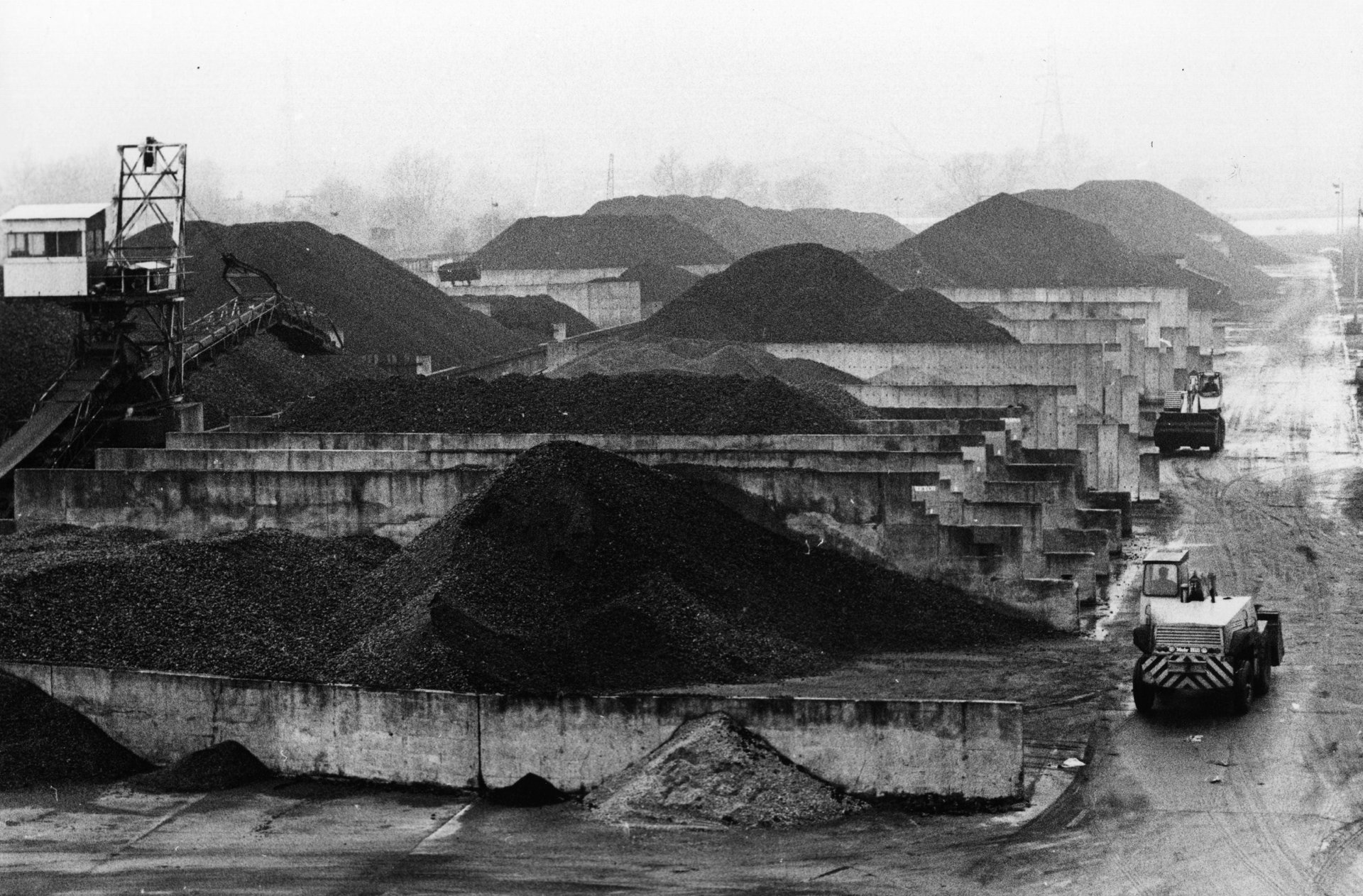The UK is opening its first coal mine in 30 years
The £165 million plan drew harsh criticism from economists, environmentalists, politicians, and academics

The UK has approved a new coal mine 30 years after the last one opened in the country, and seven years after it closed its last deep coal mine.
Suggested Reading
The £165 million project will produce around 2.8 million tons of coal a year—primarily coking coal, which is used in the manufacture of steel. The mine wouldn’t interfere with British plans to hit net zero emissions by 2050, the government has argued—because it will close down in 2049, in the very nick of time.
Related Content
The announcement drew immediate harsh criticism from environmentalists, academics, politicians and economists, who argued that the new coal mine will damage the environment as well as the UK’s reputation and moral standing as a global climate leader, while making little economic sense.
The mine is set to open near the town of Whitehaven in Cumbria, an idyllic but economically sluggish patch of the UK. Local officials reckon that the mine will bring 500 jobs with it. They further justified the project with arguments that the emissions would be negligible, or that the steel made using its coal could go into building renewables, making the mine “green.”
The UK’s new coal mine will not be green
Such claims are easily disproven. Coal produces more greenhouses gases per kilo than any other fossil fuel. Coal from the mine will result in an estimated 400,000 tons of greenhouse gases a year, the equivalent of 200,000 cars.
Alok Sharma, a British member of parliament who witnessed tough negotiations over coal as president of the last year’s COP26 climate summit in Glasgow, underscored the hypocrisy of the UK opening a new coal mine.
“Over the past three years, the UK has sought to persuade other nations to consign coal to history, because we are fighting to limit global warming to 1.5 degrees Celsius, and coal is the most polluting energy source,” Sharma said to the Guardian. “A decision to open a new coal mine would send completely the wrong message and be an own goal. This proposed new mine will have no impact on reducing energy bills or ensuring our energy security.”
Mohamed Adow, the director of Power Shift Africa, a Nairobi think tank, said in a statement: “The UK claims to be a climate leader but it is trashing its record and making a mockery of its green credentials with this decision.”
“People living on the front line of the climate crisis will be watching this with horror,” Adow added.
A bad investment out of step with the economy
Rain Newton-Smith, the chief economist for the Confederation of British Industry, which represents 190,000 business across the economy, conveyed an unequivocal stance:
It’s a huge step backwards. Coal is hugely damaging, we have the resources in the UK to accelerate our investment in renewables not go backwards. A sad day for our climate leadership & sends the wrong signal on policy. Business wants more climate leadership not less https://t.co/GNhqZqM8VL
—Rain Newton-Smith (@RainNewtonSmith) December 7, 2022
Coal production in the UK peaked more than a century ago, in 1913. Coal use has plummeted from generating 59% of the UK’s total energy mix in 1965 to 3% in 2021.
West Cumbria Mining, the company that won the license, advertises on its website the benefits of having a domestic coal source for “UK steelmaking.” (Such steel, according to idyllic photos on the website, will be put to green uses like the manufacture of railway tracks and wind turbines.) But two major UK steelmakers have said that they expect to use little of the coal due to its high sulphur content, according to Sharma. Most of the coal will be exported, though it’s unclear where; the EU’s steelmakers, for instance, are rapidly trying to move away from coal.
ClientEarth, a London-based NGO, argued that, as the steel industry continues to move toward low-carbon production, demand for coking coal will fall. The mine, ClientEarth warned, is “the very definition of a future stranded asset.”